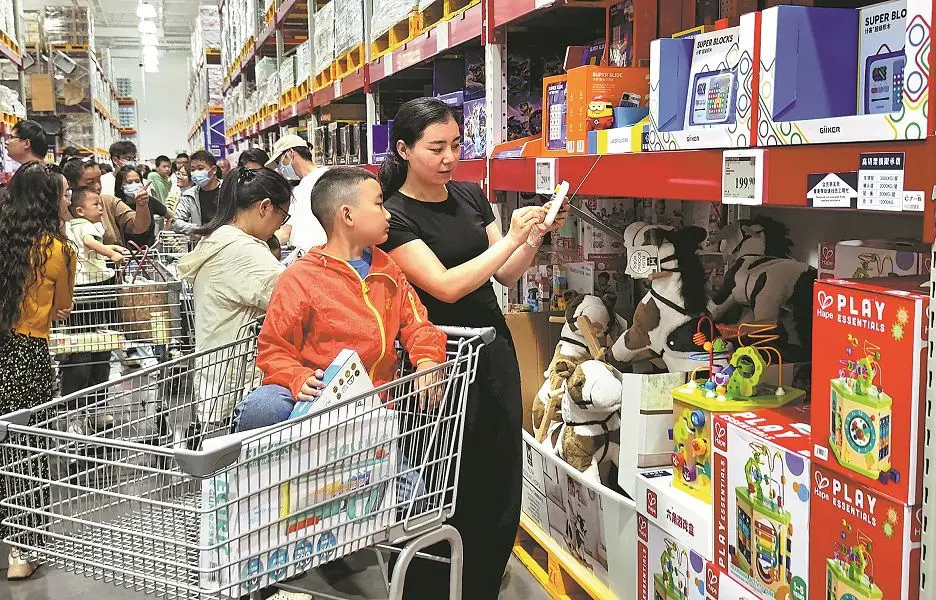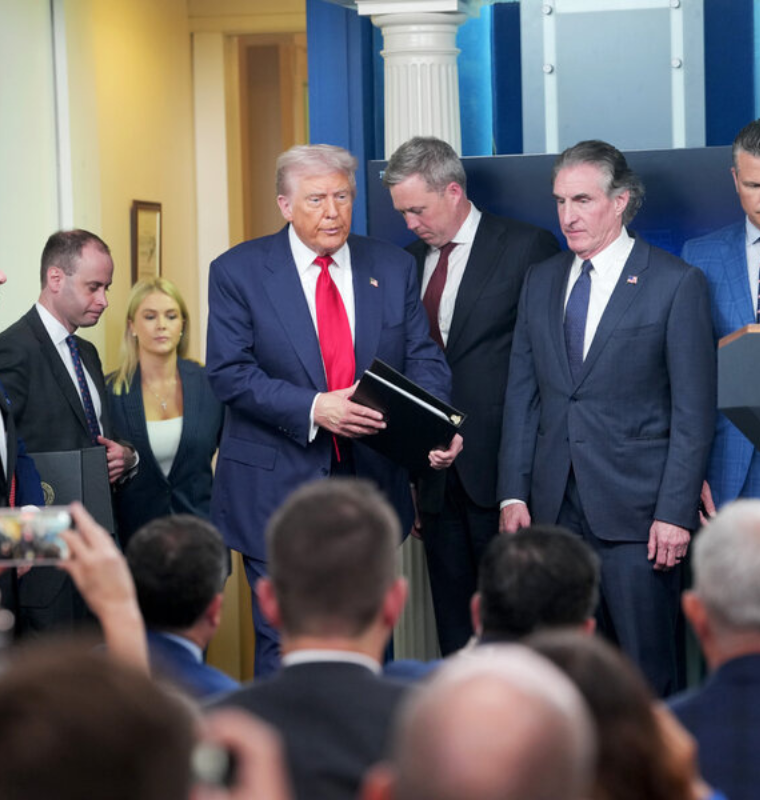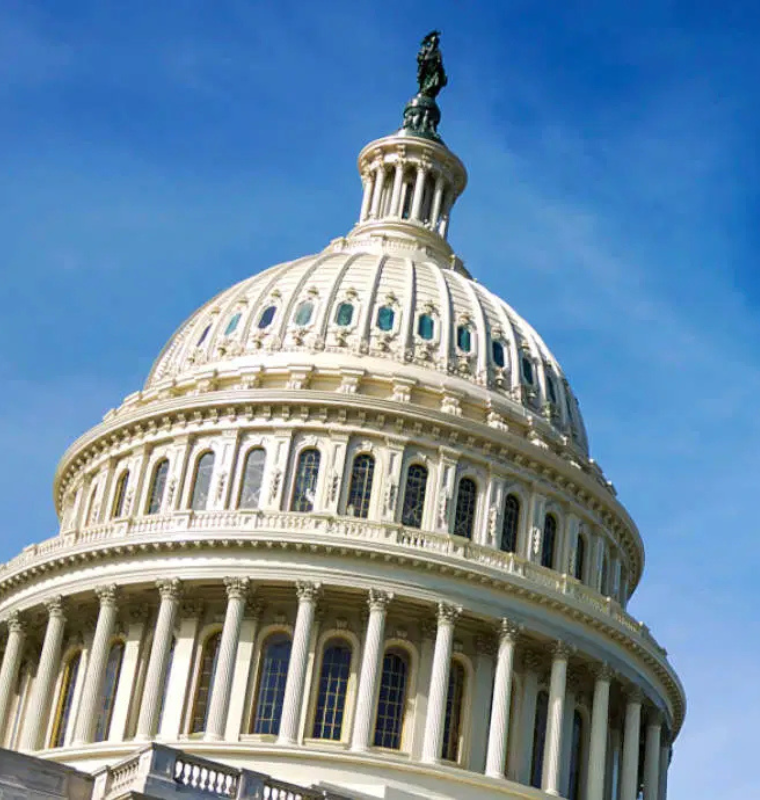China’s Consumption Engine Shows Signs of Life as 618 Shopping Festival Sees Double-Digit Growth
China’s Consumption Engine Shows Signs of Life as 618 Shopping Festival Sees Double-Digit Growth
By
David Goldfarb
Last updated:
June 20, 2025
First Published:
August 6, 2025

Photo: The Star
A Cautious Consumption Revival: 618 Festival Signals Resilience in Chinese Spending
Amid growing concerns about sluggish consumer confidence in China, the nation’s highly anticipated 618 shopping festival delivered an unexpected bright spot. This year’s gross merchandise value (GMV) surged 15.2% year-over-year to reach approximately 855.6 billion yuan ($119 billion), according to retail data provider Syntun.
This strong performance marks a significant turnaround from 2024, when the 618 festival saw its first sales decline in eight years, raising questions about the durability of China’s post-pandemic recovery.
Consumer Electronics, Beauty, and Pet Products Lead Sales Boom
Chinese shoppers flocked to purchase consumer electronics, beauty items, and pet care products, supported in part by Beijing’s aggressive trade-in subsidy program aimed at stimulating domestic consumption. Household appliances alone accounted for 110.1 billion yuan ($15.3 billion) in sales, while beauty and skincare products raked in 43.2 billion yuan ($6 billion), Syntun reported.
Pet care, a rapidly growing sector in China, also saw remarkable growth. Alibaba's Taobao and Tmall platforms reported that sales of pet products in the first 100 minutes of the festival surpassed sales from the first four hours of the same period last year.
“These spending patterns reflect evolving consumer priorities — lifestyle, comfort, and personal care are taking center stage even as economic uncertainty lingers,” said Jacob Cooke, CEO of WPIC Marketing + Technologies, which assists foreign brands like Vitamix and iS Clinical in selling to Chinese consumers.
Cooke estimates GMV grew by roughly 14.1% year-over-year — slightly below Syntun’s numbers but still a strong showing.
Expanded Festival Duration Boosts Participation — But Raises Concerns
The 618 festival, once limited to just a few days, has morphed into a month-long event. This year’s promotional window ran from May 13 through June 18 — starting a week earlier than in 2024.
JD.com, one of China’s largest e-commerce platforms, reported record participation during the peak sales window from May 30 to June 18, claiming that the number of participating shoppers more than doubled year-over-year. JD processed over 2.2 billion orders across its online stores, offline retail, food delivery, and quick-commerce channels.
However, some experts caution that stretching these sales events over several weeks could gradually weaken consumer excitement.
“Extending these festivals for longer periods creates a situation where discounts become the norm,” warned Manishi Raychaudhuri, CEO of Emmer Capital Partners, in an interview with CNBC. “Eventually, consumers become desensitized to promotions, and the marginal impact of each new campaign diminishes.”
AI-Powered Tools Drive Efficiency and Sales
Beyond subsidies and longer promotions, technology played a key role in this year’s success. Alibaba reported that its AI-powered marketing tools, including image-to-video conversion features and advanced ad bidding models, improved campaign returns on investment by an average of 12%.
This echoes broader trends across China’s leading e-commerce platforms, which are increasingly leveraging artificial intelligence to personalize marketing, optimize pricing, and fine-tune product recommendations to drive conversion rates.
“The role of AI in turbocharging China’s e-commerce landscape cannot be overstated,” said Zhang Wei, a retail analyst at Beijing-based iResearch Consulting Group. “Platforms that can leverage real-time data to target promotions more accurately will continue to dominate.”
Government Subsidies Provide Critical Tailwinds — But Face Limits
A major driver behind this year’s robust sales figures was Beijing’s trade-in subsidy program. Consumers received financial incentives to replace old appliances and electronics with new, more energy-efficient models, directly stimulating sectors like household electronics, white goods, and smart devices.
Alibaba’s Taobao and Tmall platforms reported that sales in government-subsidized product categories during 618 tripled compared to similar periods around last year’s Singles’ Day festival. This surge suggests that subsidies remain highly effective in temporarily stimulating consumer activity.
However, the sustainability of these subsidies is now being questioned. According to Chinese media outlet Yicai, several provincial governments have already exhausted funds allocated for these trade-in programs. Nomura analysts noted that about a dozen out of 32 mainland regions have temporarily suspended subsidies due to budget constraints.
State-run Xinhua News Agency pushed back against reports of widespread subsidy cancellations but acknowledged that current subsidy programs are under strain. Xinhua also reported that new rounds of targeted subsidies could be launched as soon as July, suggesting Beijing’s ongoing commitment to using fiscal levers to support consumption.
Retail Sales Data Offers Additional Optimism
Beyond the 618 festival itself, broader retail figures indicate a tentative rebound in Chinese consumer spending. National retail sales rose 6.4% year-over-year in May — the fastest pace since December 2023 — according to official data accessed via Wind Information. This beat economists’ expectations and offered reassurance to investors concerned about faltering domestic demand.
Still, experts caution that while headline sales numbers look encouraging, significant underlying challenges remain — including youth unemployment, high household debt levels, and lingering concerns about China’s troubled real estate sector.
A Complex Path Forward for Chinese Consumption
Despite this temporary sales boom, economists remain divided on the sustainability of China’s consumer recovery.
“Beijing has so far avoided broad-based cash handouts and instead continues to rely on targeted subsidies and employment support to drive consumption,” explained Raymond Yeung, chief economist for Greater China at ANZ.
While effective in certain sectors, this piecemeal approach may not deliver the broad-based consumer confidence surge policymakers ultimately seek. Prolonged economic headwinds — such as falling exports, fragile real estate markets, and demographic pressures — continue to weigh on household sentiment.
For now, the 618 festival serves as a reminder that Chinese consumers remain willing to spend — but often with heavy prompting from government programs, technology-driven promotions, and deeply discounted deals.
Popular articles
Subscribe to unlock premium content
Disney’s Timeless Magic and How the Entertainment Giant Continues to Shape Culture and Innovation

Imran Khan’s Economic Missteps Amid Political Chaos in Pakistan

The Philippines’ Digital Shift How Remittances and BPO Are Fueling Growth

Disney’s Timeless Magic and How the Entertainment Giant Continues to Shape Culture and Innovation

Imran Khan’s Economic Missteps Amid Political Chaos in Pakistan

Disney’s Timeless Magic and How the Entertainment Giant Continues to Shape Culture and Innovation









